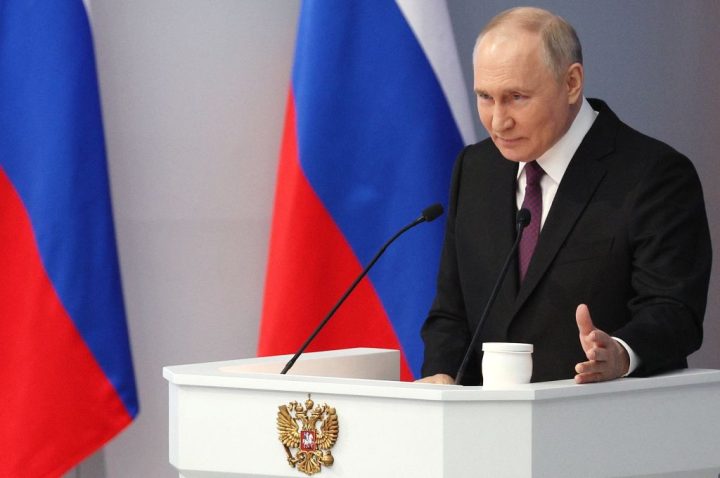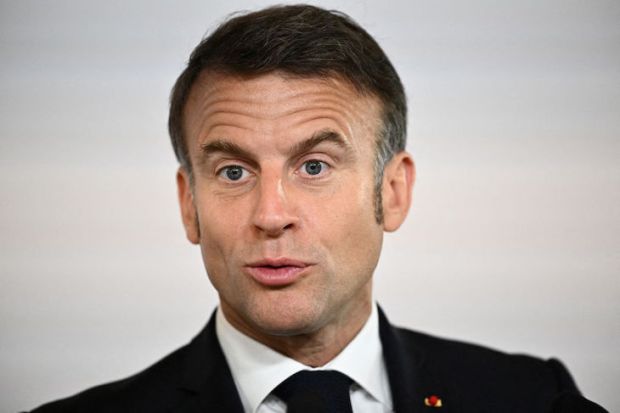Vladimir Putin’s annual address to the Federation Council (the upper chamber of the legislature) is rarely an exciting event, but it does provide an opportunity to gauge his mood and assess his priorities. This year’s – the longest yet, at over two hours – was in many ways his stump speech for March’s presidential elections, without ever even acknowledging the upcoming vote.
Already a subscriber? Log in
Subscribe for just $2 a week
Try a month of The Spectator Australia absolutely free and without commitment. Not only that but – if you choose to continue – you’ll pay just $2 a week for your first year.
- Unlimited access to spectator.com.au and app
- The weekly edition on the Spectator Australia app
- Spectator podcasts and newsletters
- Full access to spectator.co.uk
Or




















Comments
Don't miss out
Join the conversation with other Spectator Australia readers. Subscribe to leave a comment.
SUBSCRIBEAlready a subscriber? Log in